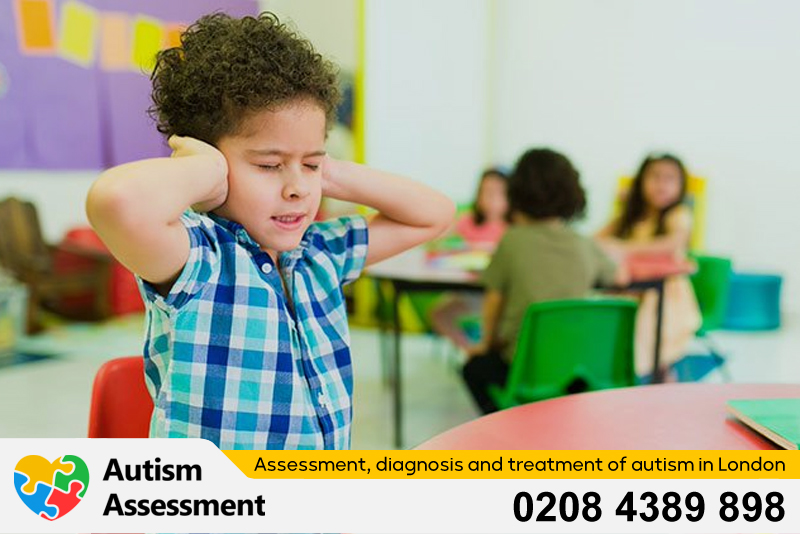Exploring the Relationship Between Autism and ADHD
Autism Spectrum Disorder (ASD) and Attention Deficit Hyperactivity Disorder (ADHD) are two of the most commonly diagnosed neurodevelopmental disorders in children, affecting millions worldwide. Despite being distinct conditions, they share a significant overlap in symptoms and can co-occur, leading to a complex clinical picture that can challenge both diagnosis and treatment.
ADHD is characterized by patterns of inattention, hyperactivity, and impulsivity that are not appropriate for a person’s age. On the other hand, ASD is marked by challenges with social skills, repetitive behaviors, speech, and nonverbal communication. The prevalence of ADHD in the United States is about 9.4% among children aged 2 to 17, while approximately 1 in 68 children has been diagnosed with ASD.
The intersection of ADHD and ASD symptoms can often lead to confusion in diagnosis. For instance, both conditions can present with difficulties in focusing and communication. However, they diverge in other aspects; for example, individuals with ADHD may show hyperactivity and impulsiveness, whereas those with ASD might exhibit a strong preference for routine and have specific, intense interests.
The relationship between ADHD and ASD has gained more attention since the DSM-5 allowed for a dual diagnosis, acknowledging that one individual might exhibit symptoms of both disorders. This was a significant shift from previous editions of the manual, which prohibited a concurrent diagnosis, reflecting an evolving understanding of the complexity of neurodevelopmental disorders.
Research indicates that ADHD and ASD share genetic factors, and up to 85% of individuals with ASD also experience symptoms of ADHD. This suggests a strong biological link between the two conditions. Moreover, they both tend to run in families, hinting at a hereditary component. It is estimated that about 30-50% of people with ASD also have ADHD, underscoring the need for a nuanced approach to diagnosis and treatment.
The co-occurrence of ADHD and ASD can complicate the clinical approach, as symptoms can mask each other, leading to delayed or missed diagnoses. It is crucial for healthcare professionals to consider the possibility of dual conditions, especially when typical interventions for one do not yield expected results.
Treatment strategies for individuals with both ADHD and ASD must be tailored to address the unique combination of symptoms present. This often involves a multi-disciplinary approach, including behavioral therapy, medication, and support for educational and social challenges. Early intervention and personalized care plans are key to improving outcomes for those affected by both conditions.
In conclusion, while ADHD and ASD are distinct neurodevelopmental disorders, their relationship is complex and intertwined. Understanding the nuances of their co-occurrence is vital for accurate diagnosis and effective treatment. As research continues to unravel the genetic and environmental factors contributing to these conditions, it is hoped that this will lead to more targeted and effective interventions for those living with ADHD, ASD, or both.
For more detailed information on the relationship between ADHD and ASD, the symptoms, and treatment options, readers can refer to comprehensive resources such as Healthline and Psychology Today.



